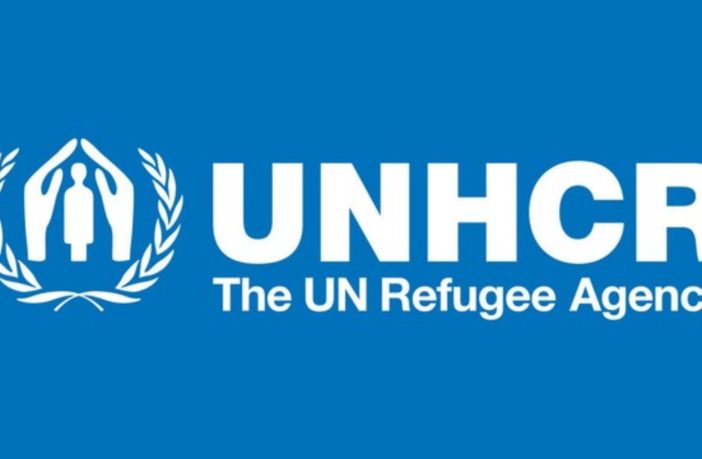The United Nations High Commissioner for Refugees (UNHCR) has urged federal and state governments to create a better learning environment by improving the standard of schools in the country.
Its Country Representative, Mr Antonio Canhandular made the call in Abuja at a two-day “Nigeria Consultation Meeting on the Global Compact on Refugees” organised by UNHCR in collaboration with the National Commission for Refugees, Migrants and Internally Displaced Persons (NCFRMI).
“Nigeria started receiving refugees from the `Anglophone’ Cameroon late in 2017.
“I went to visit them several times in Benue and Cross River states.
“While we are looking for schools to put the more than 12,000 refugees’ students, we visited several such schools, only to realise that the infrastructure was very poor.
“Students were sitting on bricks; there were not enough teachers among others.
“The quality of schools was a problem and that was there before refugees arrived.
“Is it a humanitarian problem? Of course not, but that is the context in which a humanitarian programme has to be delivered,’’ he said, adding: “the prescription of standards for assistance is 40 students per classroom and per teacher and these are not different from national standards in many cases’’.
Canhandular, however, commended the government for allowing the refugees to have access to its schools and health services in spite of their poor condition.
“We are thankful and acknowledge the generosity of the government of Nigeria to the establishment of open settlements.
“It recognises refugees, not only as persons who need assistance but also as people who, after a short period can help themselves.
“Nigeria showed that creating parallel structures and services for refugees is undesirable and unsustainable.
“Allowing refugees to be integrated in these national services is already beyond a pledge.
“It means, therefore, that if we receive refugees, we should work toward relieving the pressure they represent on the host populations,’’ he added.
According to him, the Global Compact on Refugees has become necessary among host countries so as to address the economic and development challenges.
He said that there was an urgent need for more equitable sharing of the burden and responsibility for hosting and supporting world refugees.
He also said that the compact on refugees was intended to provide a basis for burden- and responsibility-sharing among all states, together with other relevant stakeholders, such as international organisations within and outside the United Nations system.
In his remarks, the Federal Commissioner, NCFRMI, Sen. Basheeru Mohammed said that the global compact was hinged on four objectives such as the need to ease pressure on host countries and the need to enhance refugee self-reliance.
He said, “As well as to expand access to third-country solutions and support conditions in countries of origin for return in safety and dignity.’’
He said that the commission is saddled with the responsibility for the coordination of refugees in the country would continue to enhance protection and socio-economic condition for refugees as well as the host communities.
Mohammed also said that the commission would continue to play an active and constructive role in regional and sub-regional efforts to address the root causes of displacement.
“It is my hope that the humanitarian principles of humanity, neutrality, impartiality, independence, and the centrality of protection are adopted by all,” he added.
On Dec. 17, 2018, the United Nations General Assembly affirmed the Global Compact on Refugees to address economic and development challenges among host countries.




